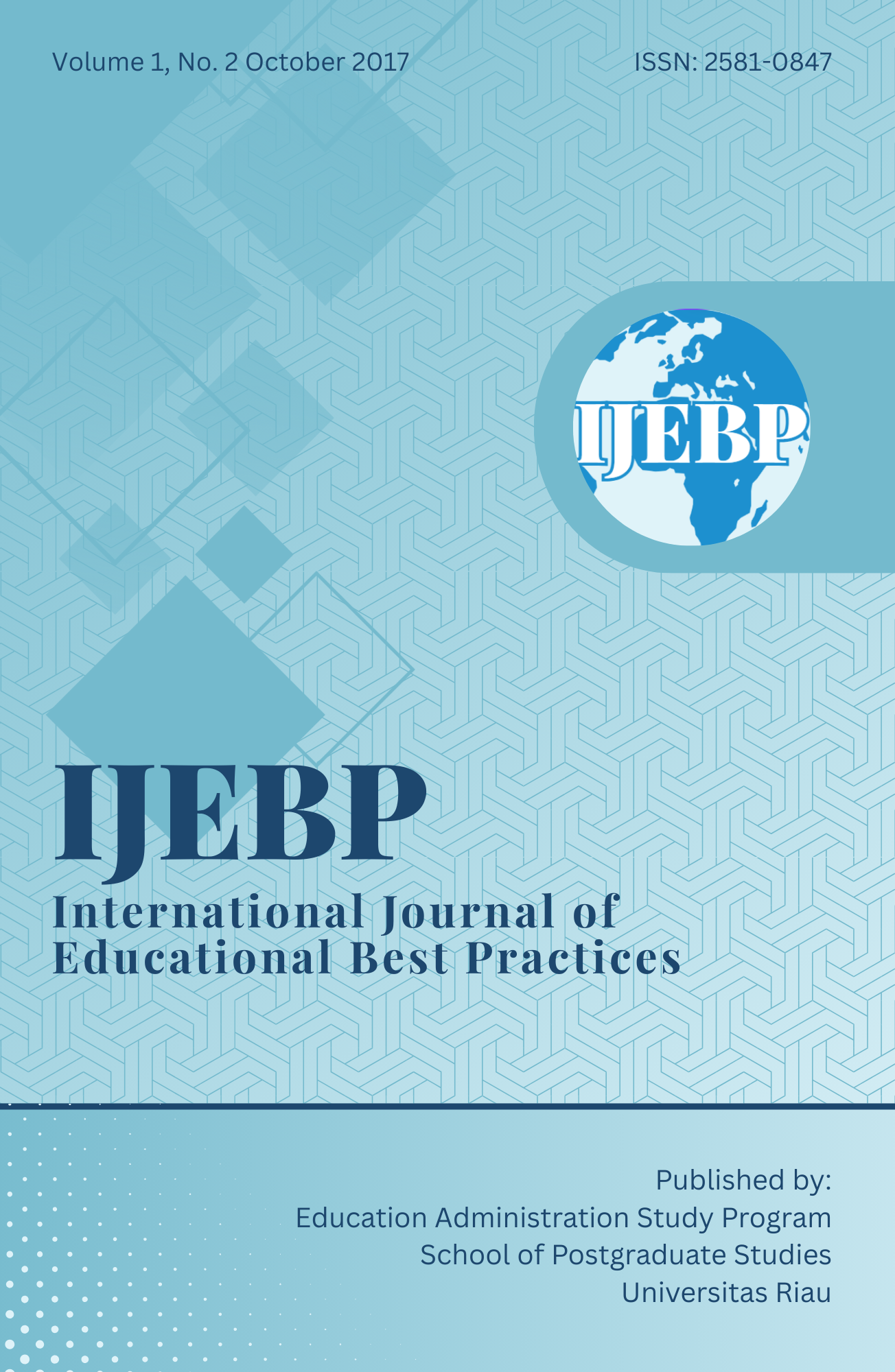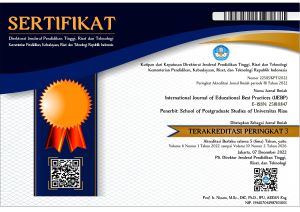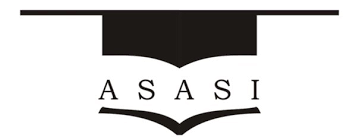The Implied Power through the Use of Personal Pronouns in Obama’s Speeches: Critical Discourse Analysis
DOI:
https://doi.org/10.31258/ijebp.1.2.59-71Keywords:
critical discourse analysis, textual, social cognition, social contextAbstract
This is a qualitative study with descriptive data presentation. It is aimed at investigating the tendency of abuse of power in exploiting personal pronouns of Obama‘s political speeches.The employed grand theory in this study is social cognition theory introduced by Teun, A. Vandijk. There are three aspects that need to be empowered: textual, social cognition and social context in disclosing the implied meanings of the use of personal pronouns in Obama‘s political speeches. The data of this study were gathered by means of speech transcript collections of Obama‘s speeches: 2010, 2011 and 2014 concerning terrorism issues. These transcripts obtained from online media which had been spread worldwide. The objective of this study is to describe which personal pronouns frequently exploited by Obama in his political speeches and discover the hidden meanings of the adopted personal pronouns. The findings demonstrate that: (1) Obama, tends to use personal pronouns ‗we' and ‗our', (2) Obama seems to have been selective in exploiting personal pronouns by referring to both certain contexts and situations before and after the speech was delivered, (3) The features of Obama's speeches are rhetorical, persuasive and manipulative. In terms of cognition and social context, these speeches indicate that intelligence, personal and social experiences do influence towards the emergence of a discourse. The implicitly conditioned and engineered dominance and hegemony are not considered as a force or coercion. Rather, it is thought as a common and justified when being exposed frequently.
References
Alvi, Solfia Dildar., & Baseer, Abdul. (2012). Application of Aristotle‘s Ethos, pathos, and logos on Barrack Obama‘s speech. Interdisciplinary journal of contemporary research in business, 3(9), 593 - 616.
Baker, Paul., & Ellece, Sibonile. (2011). Key Terms in Discourse Analysis. London: Continuum International Publishing Group Ltd.
Beard, A. (2000). Language of Politics. London: Routledge
Blommaert, Jan. (2005). Discourse: A Critical Introduction. Cambridge, UK: Cambridge University Press.
Bramley, N. R. (2001). Pronouns of Politics: the use of pronouns in the construction of „self‟
and„other‟inpoliticalinterviews. Retrieved from https://digitalcollections.anu.edu.au/bitstream/1885/46225/5/01front.pdf
Chilton, Paul. (2004). Analyzing Political Discourse. London: Routledge
De Fina, A. (1995). Pronominal choice, identity, and solidarity in political discourse. Interdisciplinary Journal for the Study of Discourse Text 15 (3): 379-410
Eba M, Alrasam. (2010). ―Analyzing Political Discourse: A Pragmatic Approach‖. ISC E-Journal: 528-552.
Fairclough, N. L. (2003). Analyzing Discourse: textual analysis for social research. UK: Amazon.
Fairclough, N. L. (1989). Language and power. London: Longman Press.
Fairclough, N., & Wodak, R. (1997) “Critical Discourse Analysis‖. dalam T. Van Dijk (ed.), Discourse as Social Interaction. 2, 258-284. London: Sage.
Hague, Rod., & Martin, Harrop. (2001). Comparative Government and Politics. New York: PALGRAVE, Houndmills, Basingstoke, Hampshire.
Heywood, Andrew. (2003). Political Ideology: An Introduction. NewYork: PALGRAVE MACMILLAN.
Jupriono, D. (2010). Analisis Wacana Kritis Latar Historis Dalam Pidato Kenegaraan Presiden Soesilo Bambang Yudoyono. PARAFRASE: Jurnal Kajian Kebahasaan dan Kesusastraan.10(2)
Karapetjana, I. (2011). Pronominal Choice in Political Interviews. Baltic Journal of English Language, Literature, and Culture. 1, 36–45
Proctor, K., &I Wen-Su, L. (2010). The 1st person plural in political discourse— American politicians in interviews and in a debate. Journal of Pragmatics, 43.
Pu, Chang. (2007). Discourse Analysis of President Bush‘s Speech at Tsinghua Univerisity, Cina.Intercultural Studies.XVI:1.
Schmid, Carl. (2004). Theory of the Partisan. Intermediate Commentary on The Concept of the Politcal (1963). Telos (127): 11.
Van Dijk, A. Teun. (2002). Critical Discourse Studies: A Socio Cognitive Approach. London: Sage.
Van Dijk, A. Teun. (2005). Critical Discourse Analysis. In Deborah Tannen, Heidi E. Hamilton, and Deborah Schiffrin (Ed.) The Handbook of Discourse Analysis, 466 – 479. John Wiley and Sons, Inc. 8U
Van Dijk, A., Teun. (2008). Discourse and Power. NewYork: PALGRAVE MACMILLAN.
Van Dijk, A., Teun. (2010). Discourse and Context: A Sociocognitive Approach. Cambridge, UK: Cambridge University Press.





